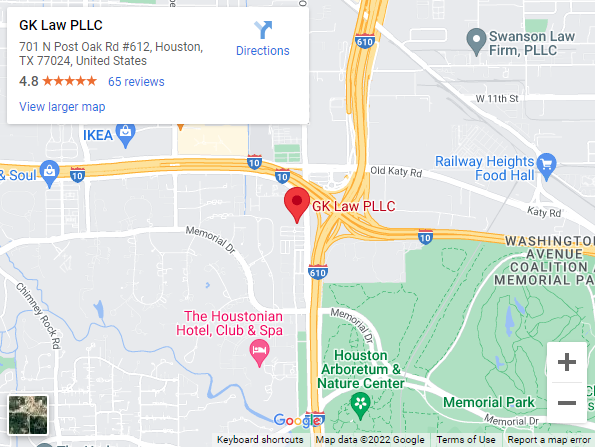Can the Government Take My Private Land for Public Use? Concerned about losing your property? Are you dealing with problems like eminent domain or condemnation, where the government wants to take your land? Don't worry, you're not the only one. Lots of property owners in Texas are unsure about what to do when faced with…



